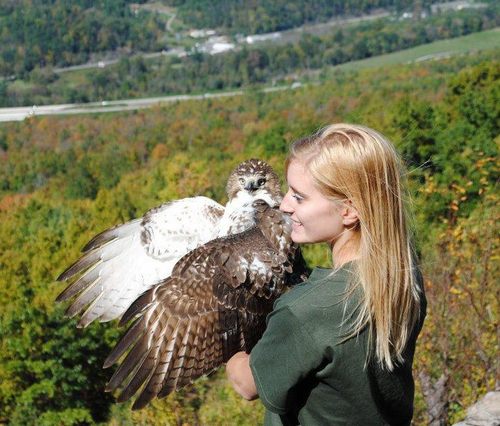I absolutely love it here. The weather is warm, people are kind, we’re right next to the beach and the whole environment is really relaxing. We just got our fieldwork site information solidified yesterday (we leave Sunday for Kibiti and then Lushoto for 2 weeks) so we’ve been in limbo; which kind of makes it feel like vacation. During the day we do a little work (mostly learning Swahili- I’ve met about 4 people who are fluent in English… so Swahili is essential) and we go out to eat or go to the beach and hang out in the evening. There was a group of other Penn Staters here for a few days (Wilson! It was all the LARCH people!) so we made friends with them and would stay up late talking and went out to dinner, it was so much fun.
We did spend a lot of time figuring out fieldwork stuff though- I think the slow pace and lack of organization would drive me up a wall if I was in America, but here that’s just how things are, so not being productive really doesn’t bother me (I only get grumpy when I’m hungry and things are moving slowly). Here people just talk slowly, or do things inefficiently? I cannot for the life of me fully figure out where all the time does, but it flies here, without us doing anything… weird. But everyone is friendly! I can make small talk in Swahili now, my motivation to learn more skyrocketed once we got here because people get so happy when you try to speak their language, and nobody laughs if you get it wrong, they just help and I write it down and keep going.
A few days ago an old alumni from the program (he graduated about 2 years ago) got here and has been showing us around which was great. He’s been working in Tanzania for the last 9 months so he knows his way around and is conversational with Swahili so he was a great tour guide. He speaks slower so I’ve been picking up a lot since Michael got here. He does research with malaria and mosquitos right now and it was fascinating to hear about, I could see myself being interested in a career in HIV or malaria now that I’m here. There’s a lot going on with mosquitos adapting to the environment which is really cool, but then I’ve been learning more about the social factors associated with HIV which I also love… we’ll see. Fieldwork will help.
Day 1:
Tour of Dar
got a few marriage proposals at the fish market..
Lunch at 4:30- I was grumpy
Day 2:
Visit MUHAS (university) to get ID cards and meet people
LARCH people get here!
Ethiopian food for dinner plus a coffee ceremony- AWESOME. (**I want to learn how to cook Ethiopian! It looked easy and you eat it with your hands which I like)
Day 3:
Go back to MUHAS (Muhambili University of Allied Health and Science), not really sure what we did there…
More Ethiopian food for dinner! With Penn staters. Lasted like 5 hours… it was a good night
Day 4:
Nursing group leaves for Dudoma, I miss them
We find the beach plus an outdoor restaurant next to it- I’m excited
We buy mini bananas that kind of taste like bana-orange hybrids
Stay up late with LARCH people
Day 5:
BACK to MUHAS.. finally get assignment for fieldwork
Michael gets in, takes us to the shore where we see the vendors
I get a sandwich at lunch, it’s sad, I’m upset. BUT then I ate a mango and it’s all better
Dancing! And we got to ride in a tuk-tuk (3-wheeled car thing… should only be used for local travel. No doors)
Day 6:
Last day here!
Go to mall with Alex to get a phone, find nutella gelato. BEST ice cream I’ve ever had. Ever. Better than Europe, they need to work on that)
Side notes:
- I can’t wait to get more involved in the culture, I hate being seen as the rich white girl who doesn’t know her way around
- I miss salad
- won’t want to eat rice and beans for at least 3 months after getting back
- women don’t wear pants like ever- glad to have gotten so many skirts. I also hate the money belt. With a passion. It makes your belly sweaty and awkwardly lumped
- like the mosquito net- feels like I have a canopy bed
- I don’t like cats. there are millions here (I’ve only seen 2 dogs) and they’re all homeless
- squat toilets are still not cool. squat toilets plus no toilet paper is even less cool. Americans- be grateful for all your Charmin
Things are just so simple here and I love it. I only have two backpacks worth of stuff and no internet (mostly) and no TV and it’s fantastic. I feel like my favorite part of being abroad is the organic feeling you get- I appreciate the little things more than I do in the states. People are more genuine here, they talk to you and everyone is relaxed. There are dangerous parts, yes. But if you’re smart, Tanzania can be less harmful, or maybe more peaceful, than anywhere I’ve ever been. I wouldn’t live here, but so far, it’s been better than I could have imagined.
***I won’t post very frequently, we only have so much internet and assignments are more important, but my goal is once a week
Location: Dar es Salaam, Tanzania







